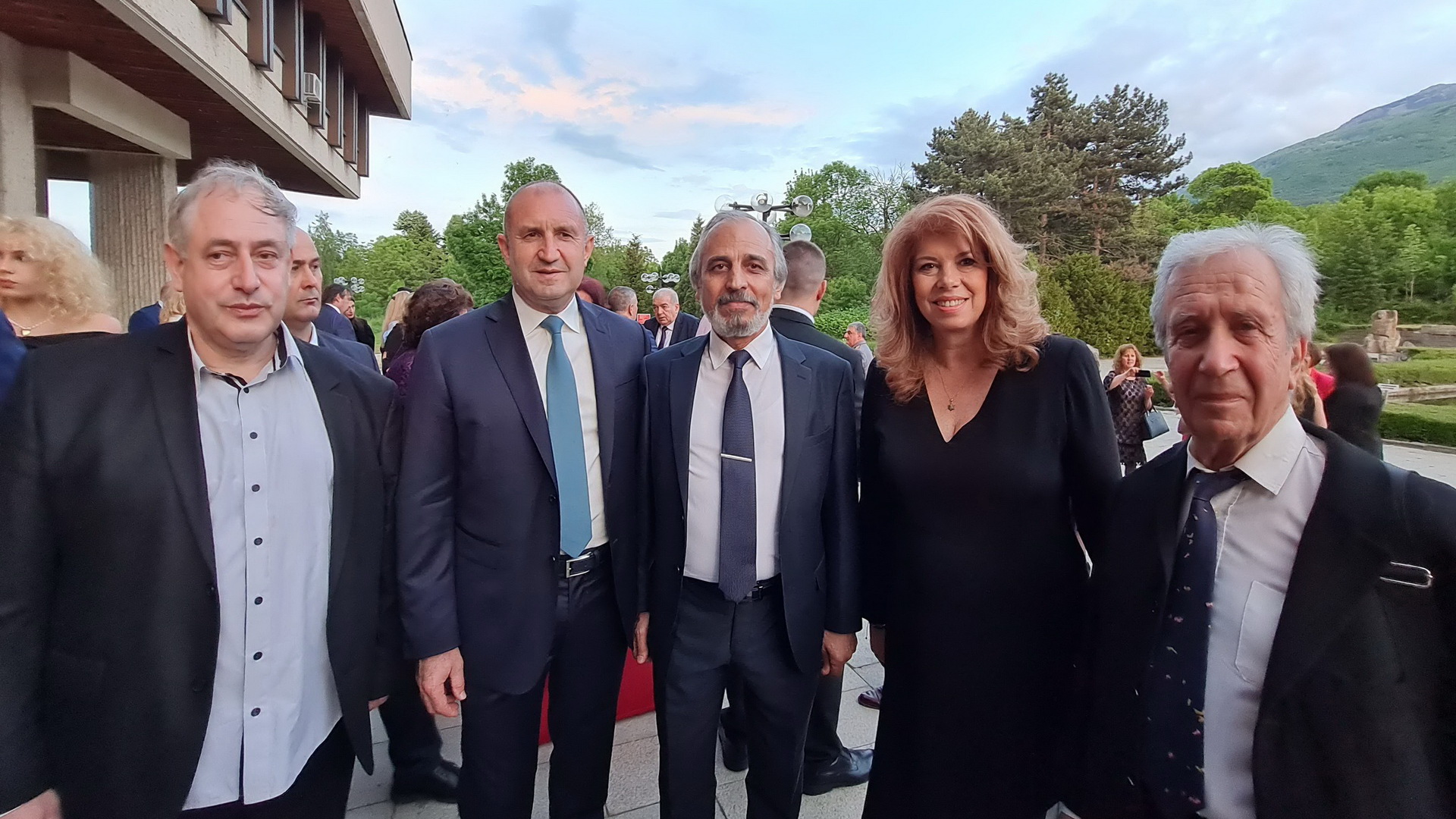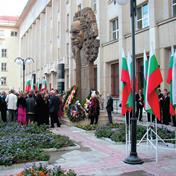|
International Conference Automatics and Informatics 2023 (ICAI'23)
Conference Record # 58806
October 5-7 2023
Varna, Bulgaria
Sponsored by: John Atanasoff Society of Automatics and Informatics
Technically supported by: Technical University of Varna, IEEE by Bulgarian section, Federation of the Scientific Engineering Unions, Laboratory of Telematics - BAS .

Dear participants in the International Conference Automatics and Informatics 2023, the conference proceedings of ICAI'23 has already been published in IEEE Xplore: https://ieeexplore.ieee.org/xpl/conhome/10339002/proceeding
- ICAI_2023_Front_cover-IEEE
- Author_Index-ICAI'2023-IEEE
- Contents-ICAI'2023-IEEE
- ICAI'23-ABSTRACT BOOK
The review of all the papers submitted for participation in ICAI'23 has not yet been completed. If there is a decision of IPC to accept the reports, the authors will be informed immediately.
Dear colleagues,
Due to the numerous inquiries and the interest in the International IEEE Conference Automatics and Informatics 2023 (ICAI'23), the National Organizing Committee of the conference is pleased to inform you that the deadline for paper submission is extended until 15 August 2023 and has been changed the date of Notification of acceptance to 10 September 2023.
INVITATION The International Conference Automatics and Informatics (ICAI) traditionally is held under the patronage of the President of the Republic of Bulgaria during the John Atanasoff days in October every year. The conference has over 55 years of history and has significantly contributed to the development of automation and computer technology in Bulgaria.
Since 2020 conference organizers are the John Atanasoff Society of Automatics and Informatics, Technical University of Varna, IEEE by Bulgarian section and Federation of the Scientific Engineering Unions in Bulgaria. The conference program for ICAI’23 includes: Plenary session, Invited symposia and Workshops, Scientific sessions, Young researchers school, Poster session and Company presentations and Exhibitions.The purpose of the conference is to bring together international researchers and industrial practitioners interested in the development and implementation of modern technologies for automation, information, computer science, artificial intelligence and others.
The organizing committee of the conference is inviting interested researchers and professionals to submit papers describing significant scientific achievements and innovations in all scientific areas of the conference.
 DOWNLOAD CALL FOR PAPERS
DOWNLOAD CALL FOR PAPERS
Congratulations from the President of the Republic of Bulgaria
in Bulgarian
in English
Letter from the Presidency
in Bulgarian
in English

PLENARY SESSION "Methods, Models and Algorithms of the Computational Intelligence Analyzed from a Practical Point of View"
Gancho Vachkov Abstract.
Currently we are living in an environment with large available batch data sets or endless real time data streams around us that come from various sensors in complex systems, machines, vehicles and industrial plants. Therefore, it is a challenging task to be able to assess, process, analyze and use such bulk amount of information for producing meaningful and plausible, human interpretable solutions and decisions about the operation status of the observed systems and processes. Here the large variety of methods, models and algorithms provided by the Computational Intelligence being able to detect a distinguishable change or deterioration in the system performance are increasingly important from a practical point of view.
The talk is focused on several possible methods and algorithms that can give an approximate but still realistic solution to the above problem. For example, the weighted moving window approach to continuously monitoring and estimating the operation status of industrial system is used as a base tool for continuous extraction of different “data clouds” from the real operation. Then each data cloud is compared to a “typical” predefined operation by applying several possible measures of similarity in order to find a plausible classification of the operation status. Theoretically the definition of this problem is close to the standard supervised classification, but it has also some uniqueness that comes from the endless chain of different data clouds in the data stream. Here several clustering methods, such as Fuzzy C-means, along with Data Compression and the Grid Fuzzy Models are extremely useful and efficient for capturing the different modes and behaviors of the real time operating industrial system.
In the case of analyzing large batch data sets, the problem is often stated as finding all regions of interests (ROI) within the data set that are closest by characteristics to a predefined (known) object in the form a given image or portion of a data set.
More details and application results are given in the talk on different examples of monitoring systems for anomaly detection in the operation of petrochemical plant, hydraulic excavators, photovoltaic systems, metallurgical plants as well as a biomedical application for analyzing the status and anomaly of the heart coronary artery. All the examples are part of the authors research and practical experience.

The Artificial Intelligence Perspective
Arthur Kordon
Abstract
The talk will focus on the key components that AI will shape science, the economy, and social life in the near future. It will discuss the dynamic nature of AI progress in the last decade, including the recent developments of Large Language Models, such as ChatGPT. The explosive innovations of various AI methods and their impact on different sciences will also be illustrated. The critical role of AI as the engine of the digital economy will be clarified and presented with proper applications. The social impact of AI, especially of the ChatGPT, will be discussed. The various options to participate in this new AI-driven perspective of our future will be considered shortly.
|





